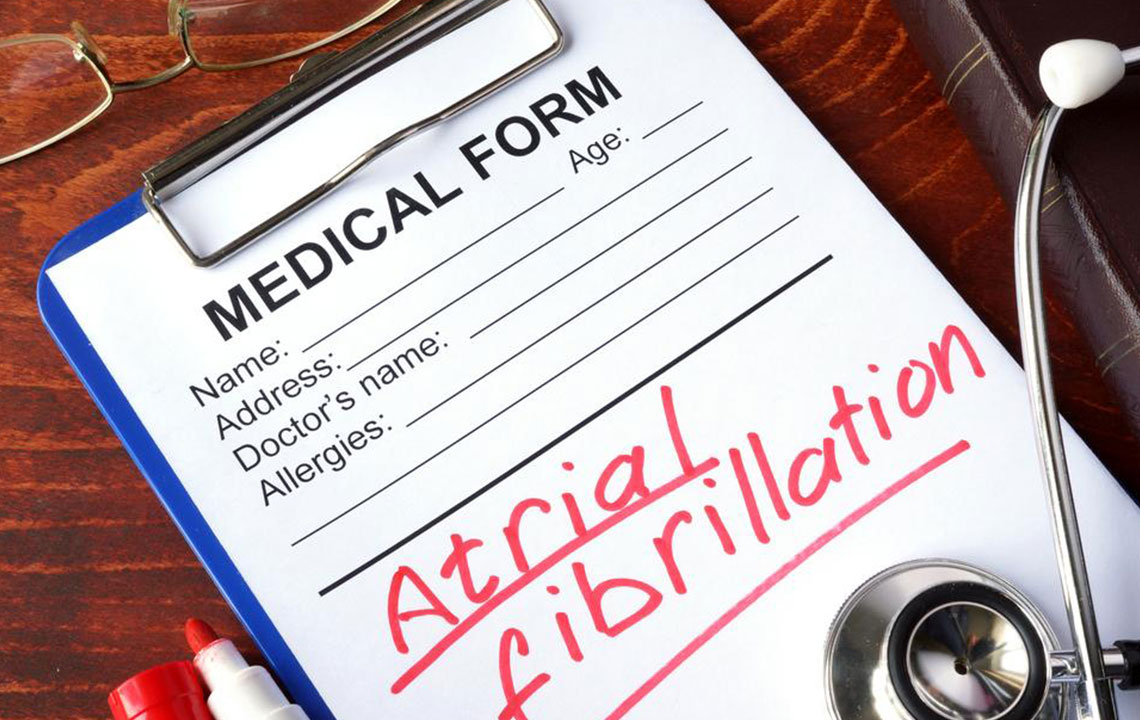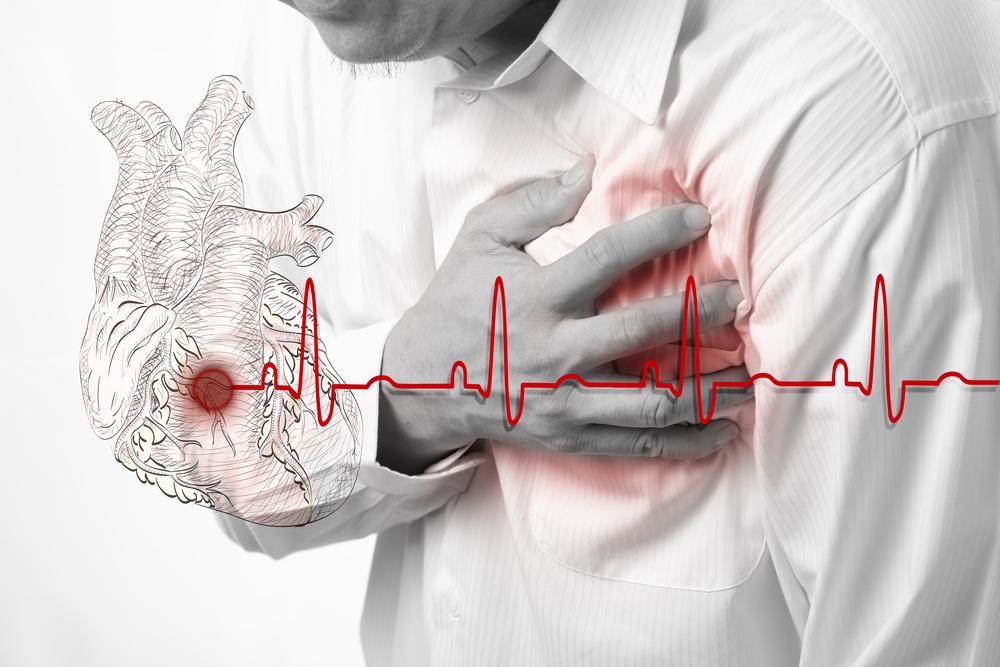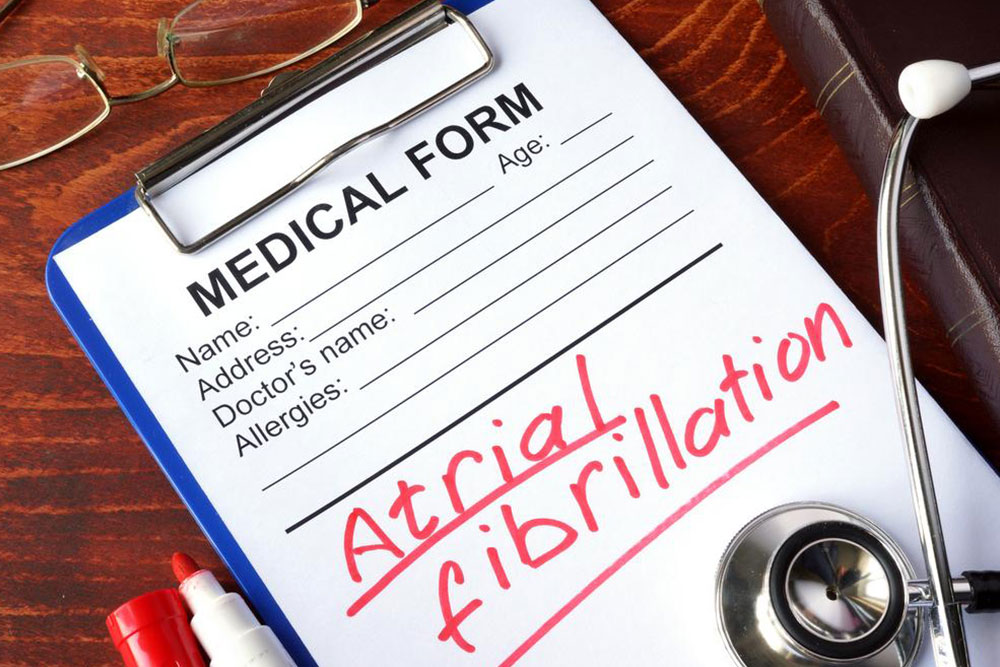Symptoms, Diagnosis and Treatment of Atrial Fibrillation
A huge number of people hold a certain misconception about atrial fibrillation.There are also those who are unaware of this term while others who know of such a condition but do not have any idea about its causes and symptoms. Atrial fibrillation is a condition wherein a patient has an irregular heartbeat, which results from inadequate flow of blood and increases the risk of heart disease and stroke.
It is also termed as AFib or simply AF and is known to be one of the most common kinds of heart rhythm that is abnormal in nature.

Symptoms of atrial fibrillation:
Generally, this particular heart disorder is discovered during regular medical check-ups. It is because a large number of individuals do not show any symptoms of it. Some people might notice an irregular pulse, but do not show any other warning signs.
Within a course of few more days, more severe problems might arise after atrial fibrillation starts. But in the early days of this abnormal heart behavior, only mild symptoms may occur. Thus it is highly essential to recognize the symptoms for getting proper treatment as soon as possible. Some of the common symptoms include:
- Irregular pulse
- Heart palpitation
- Fatigue
- Weakness
- Dizziness
- Pain in the chest
- Confusion
- Fainting or lightheadedness (also known as syncope)
- Difficulty in breathing especially during emotional stress or performing physical activity
As many people do not show any symptoms of this heart disease, checking the pulse is essential in this matter. Ask your physician how often it is necessary to check your heart beat. If you have AF and find it difficult to feel whether your heart beat is regular or not, then you may purchase a less expensive stethoscope for listening to it. AF is considered to be of three types.
Paroxysmal AFib – If the episode lasts for less than 7 days, it is known as paroxysmal AF. It might go away just after treatment or on its own.
Persistent AFib– Overtime, this disorder tends to last longer than 7 days and does not go away on its own.
Permanent AFib – If you, along with your physician, decide not to restore the normal rhythm of the heart, then it is termed as permanent AFib. But you may also change your mind afterward and receive treatment for restoring the normal rhythm.
Diagnosis and treatment of AFib:
Treatment of this heart disorder includes a change in daily lifestyle, medications, etc. Sometimes non-medication procedures like AV node ablation, atrial defibrillators, surgery, cardio version, pacemakers are also included in the treatment. The underlying causes are controlled at first. Then, the heart rate is reduced, or the heart is returned to its normal rhythm. Blood-thinning medications are used for preventing stroke. Diagnosis of this abnormal heart disorder is generally done by electrocardiogram, physical examination, patient-activated event recorder or Holter monitor, etc.
Cardioversion is such a procedure of treatment with the help of which physicians can bring back the regular sinus rhythm of your heart. By factors such as how long you are suffering from atrial fibrillation and its underlying cause, you will receive this treatment.
It may be conducted in any of the two possible ways:
Electrical cardioversion – The success rate of electrical cardioversion is more than 95%. But the recurrence of this disease is seen among 75% of patients and that too within 1-2 years. For maintaining the normal rhythm of the heart, your doctor might prescribe anti-arrhythmic medications just after electrical cardioversion. Some medicines also help in preventing future episodes of this disease.
A cardioversion with the help of drugs- Before the procedure of cardioversion takes place, you might be going through a test known as transesophageal echocardiography. This test is conducted for letting your physician know whether you have any heart blood clots or not.
Pulmonary vein isolation another promising procedure for treating this disease. The success rate is also high in this case.Prescribed medications are usually recommended for a longer term to prevent or control recurrence of atrial fibrillation.
With perfect medicine, blood is thinned adequately. But you must keep one fact in mind that sometimes medications might not prove to be effective. They may possess side-effects that are intolerable.




